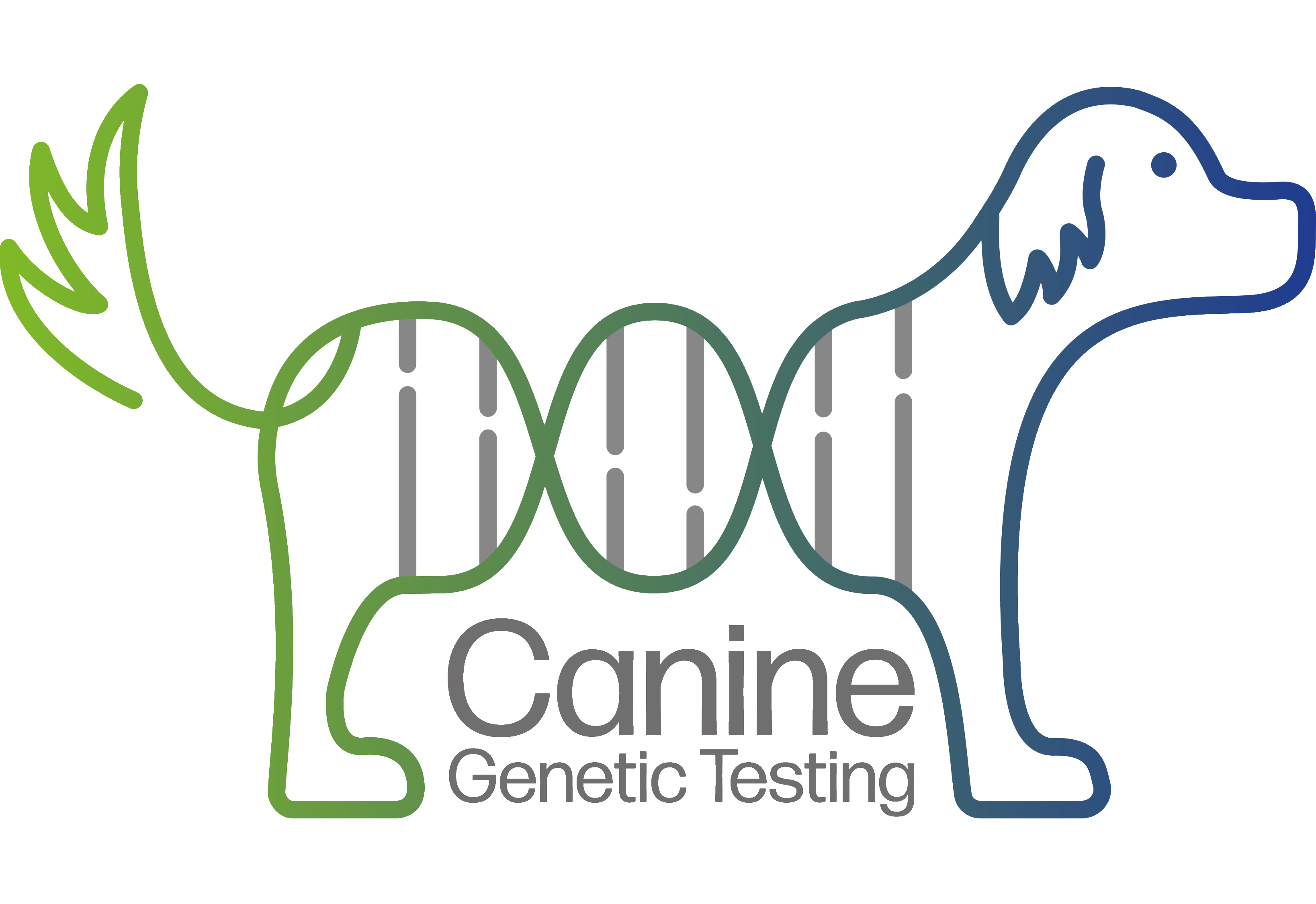CGC and veterinary hospital team up for innovative investigations
The two main specialist areas of focus for our work in the Canine Genetics Centre (CGC) are ophthalmology and neurology. For this week’s newsletter, Dr[…]
Chris Jenkins on Border Collie brilliance and unravelling the epilepsy enigma
This week we turn our attention to canine genetics researcher and Border Collie enthusiast Dr Chris Jenkins. Chris has worked with the CGC since the[…]
CGC’s relay runners run rings round London landmarks
On Sunday 1st September, five runners teamed up on behalf of “Team CGC” to take part in London’s Big Relay – to raise money to[…]
Cocker Crazy at the KC International Agility Festival!
Last weekend we attended one of the largest Dog Agility shows in the UK, the Kennel Club International Agility Festival (KCIAF), where we met up[…]
Exciting New DNA Test for Retinopathy with Vitamin E Deficiency (RVED) in Cocker Spaniels
The Canine Genetics Centre (CGC) is excited to announce the launch of a new DNA test through Canine Genetic Testing (CAGT) for Retinopathy with Vitamin[…]
Mutation responsible for progressive retinal atrophy in the English Shepherd published
Back in March, CAGT launched a DNA test for progressive retinal atrophy (PRA) in the English Shepherd Dog breed (PRA6). Since then we have been[…]
Investigating the genetics of disc calcification in Dachshunds
We have introduced Bruno Lopes to our supporters before – Bruno is a veterinary neurologist, from Southfields Veterinary Specialists, who has recently started studying for[…]
Meet the Beagles!
Hundreds of Beagles and their owners came together on Sunday 7th July at scenic Sysonby Acres, just outside Melton Mowbray, to enjoy a day of[…]
8 runners, 4 legs, 2 teams and a Border Collie who started it all
On 1st September, two teams will be heading to London to run the Big Relay and raise funds to support the Canine Genetics Centre and[…]
Cathryn awarded the ICHA Lifetime Achievement Award
The Canine Genetics Centre has had something very special to celebrate this month. Our group leader, Dr Cathryn Mellersh, has been selected as the winner of[…]

